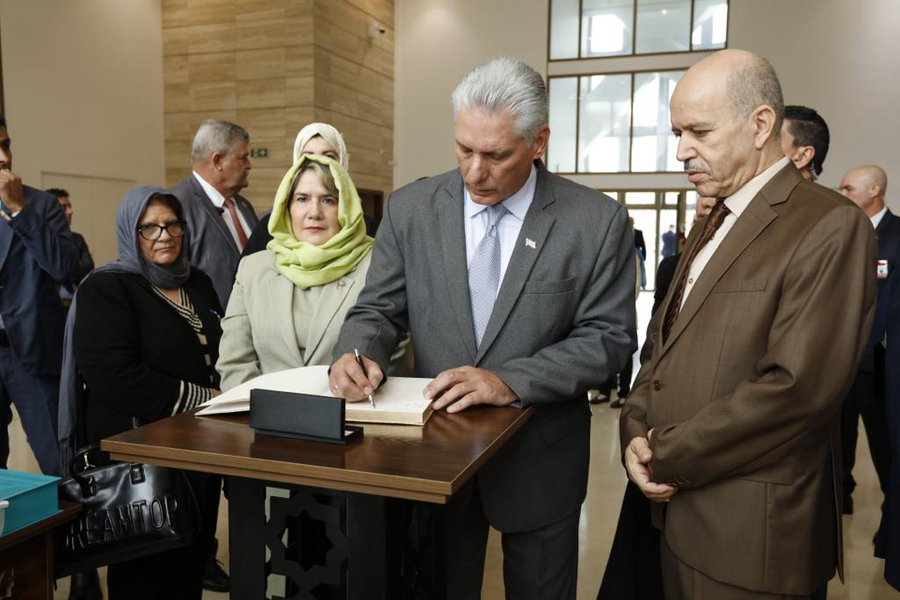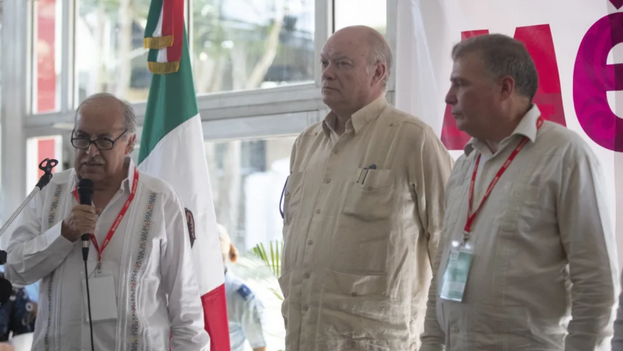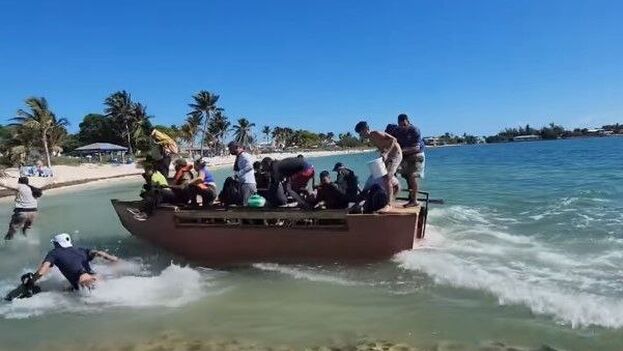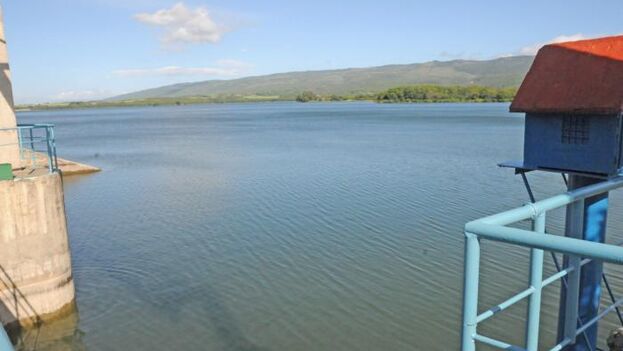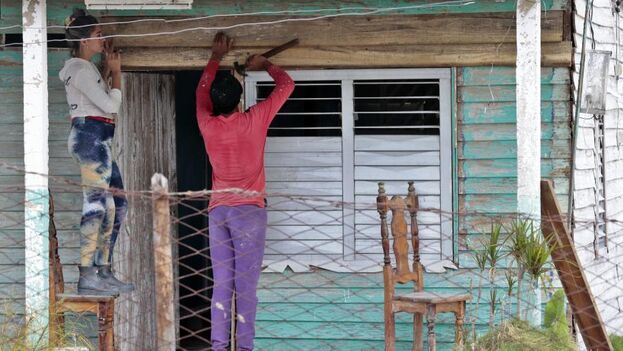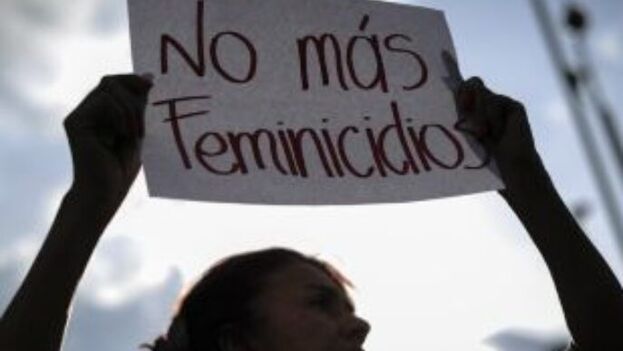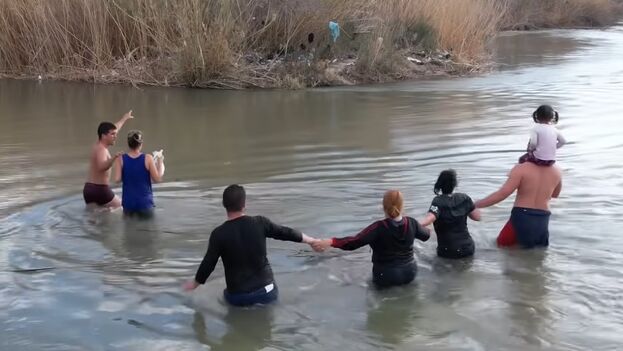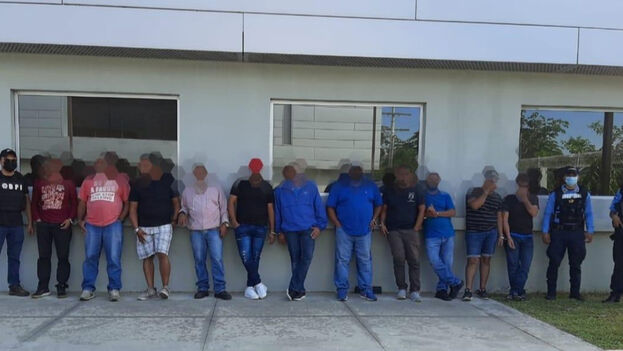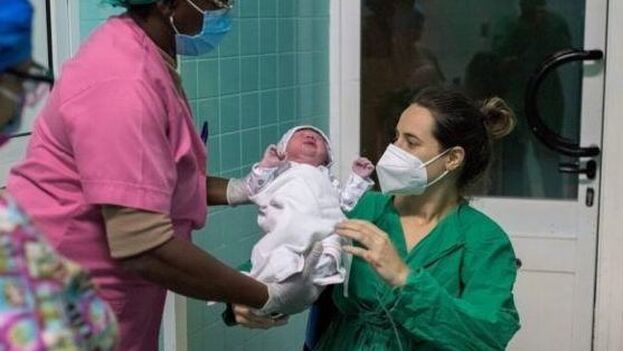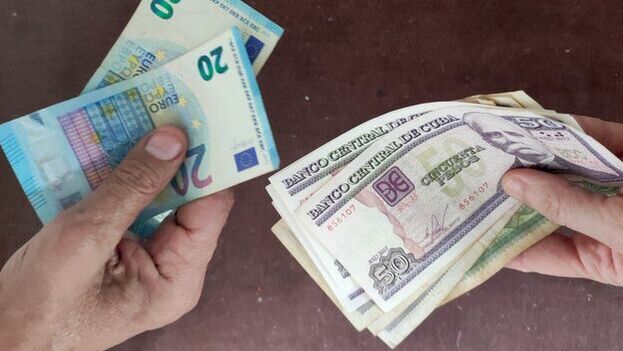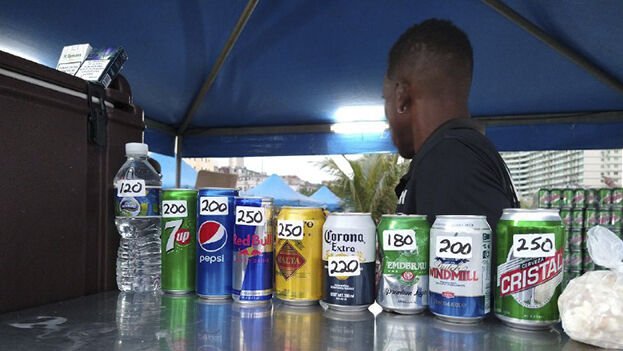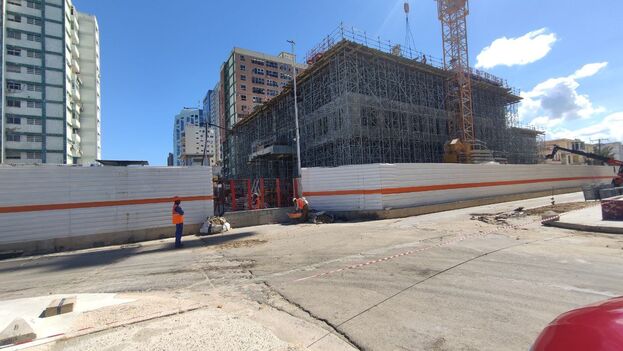
![]() 14ymedio, Havana, 18 November 2022 — Although the Cuban Government has emphasized this year the need to raise foreign capital for sectors in extreme emergency, such as food, agriculture and transport, the bulk of its offers return to the usual: tourism. Of the 708 businesses that are part of the new portfolio of opportunities, there are six that exceed 250 million dollars. Of these, three involve tourism.
14ymedio, Havana, 18 November 2022 — Although the Cuban Government has emphasized this year the need to raise foreign capital for sectors in extreme emergency, such as food, agriculture and transport, the bulk of its offers return to the usual: tourism. Of the 708 businesses that are part of the new portfolio of opportunities, there are six that exceed 250 million dollars. Of these, three involve tourism.
Although it could be argued that building a hotel complex is more expensive than many of the other projects, the example of the imbalance is given by the comparison between the first investment and the fourth. The most expensive, at 1,072,000,000 dollars, is a golf real estate complex, almost double the 650,000,000 dollars that they budget for the construction of a completely new sugar mill.
The star project of the portfolio, by its value, plans to urbanize an area of 568 acres in Guardalavaca, Holguín, through a mixed joint venture with Cubagolf. There will be a course with 18 holes, a club, a 5-star hotel and another super luxury hotel with spa, in addition to 1,648 homes, including houses and apartments, with sales in perpetuity, and sports and commercial and service areas.
A little less expensive, the second project in order of investment is extremely similar to the first. The national investor is also the state golf company and foresees a course of the same size, surrounded by a resort hotel, another 5-star hotel and spa, a 4 star hotel equipped with different water sports and 1,122 houses. In addition, this real estate development would have a club, spa, commercial and service areas and green spaces. Its budget is 951,561,400 dollars and its location, ironically, is Bahía Honda, in Artemisa, where just three weeks ago the Border Guard troops sank a boat of balseros [rafters] fleeing Cuba, resulting in eight deaths, including one girl under two years of age. continue reading
The third most expensive project planned by the Government is, in this case, related to food. The goal is to build a factory of ammonia and nitrogen compounds that will serve the agricultural industry by producing fertilizer. The cost is $900,000,000, and the plant would produce 400,000 tons of ammonia per year and 370,000 tons of urea. The waste would be used to produce carbon dioxide, argon and ammonium sulphate. This plant will be located, if it is possible to move it forward, in Matanzas, north of the long-suffering thermoelectric plant, Antonio Guiteras.
In the midst of a radical crisis of what was its star product, sugar, Cuba proposes to invest 650,000,000 dollars in a new sugar mill “with high standards of efficiency in productive and energy processes.” It is the most open project since neither the location nor the investment modality has been determined, and it offers — as an alternative to the joint venture — the completely foreign company option. It should be remembered that last year, the harvest was — and the adjective is not new — the “worst” in history, and the lamentable state of the sugar mills has forced this year’s production to be concentrated on just 23 of the 56 that still exist.
It is followed, in fourth place, by another development linked to tourism and golf. In this case, the complex is valued at $641,500,000 and would be built in Cumanayagua, Cienfuegos. Here the golf courses are doubled — two of 18 holes — and the club, the 5-star hotel, 2,055 homes and commercial, service and sports areas are repeated, in an area of 865 acres.
Lastly, with an amount of $251,500,000, the Government proposes the construction of a complex for the production of solid oral generic drugs in tablet form, antiretroviral drugs, contraceptive hormones, aerosols and dry powder inhalers. It is intended, they claim, to cover national demand and replace imports and even be able to export if successful. This factory would be one of those located in the Mariel Special Development Zone, created in partnership with MedSol laboratories.
In addition, in investments above 200,000,000 dollars there are two other hotels in Holguín. The projected high amounts, not to mention those spent in recent years, come at a time when tourism figures are at their worst.
This Thursday, the numbers of foreign visitors who arrived on the Island in October reached 123,588. This is the fifth best data of the 10 months, and with it, tourists total 1,198,402. So it’s already perfectly viable that the Island won’t even reach the lowest official goal of closing the year with 1,710,000 travelers. The Government had planned for 2022 to have 2.5 million tourists after two years of closure due to the pandemic, but all efforts have been in vain, and in mid-October the target had to be lowered by -31.7%.
Although there are two of the best months of the year in the sector, it is unlikely that the goal will be reached, since it will take more than half a million travelers between November and December, an average of 250,000 tourists per month, which seems excessive considering that July, with 152,480, was the best figure of the year.
This has not prevented the new construction of the Spanish Iberostar hotel with the Cuban Gran Caribe located on the beach of Santa María del Mar, east of the capital, to be presented at the Havana International Fair yesterday.
The 5-star establishment will be ready in four years and will be constructed “under the concepts of sustainable development” contributing “largely to the diversification of the offer” of sun and beach, which now aspires to be extended to events and congresses.
Translated by Regina Anavy
____________
COLLABORATE WITH OUR WORK: The 14ymedio team is committed to practicing serious journalism that reflects Cuba’s reality in all its depth. Thank you for joining us on this long journey. We invite you to continue supporting us by becoming a member of 14ymedio now. Together we can continue transforming journalism in Cuba.

